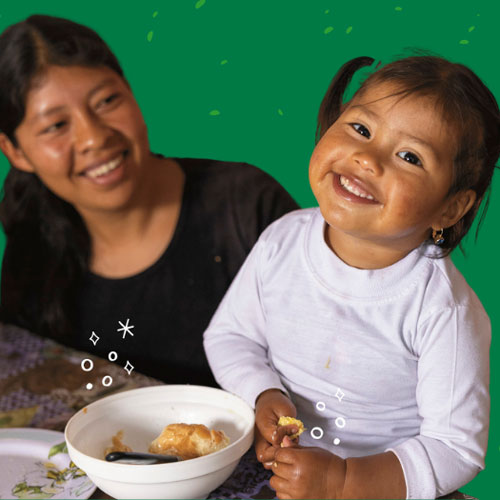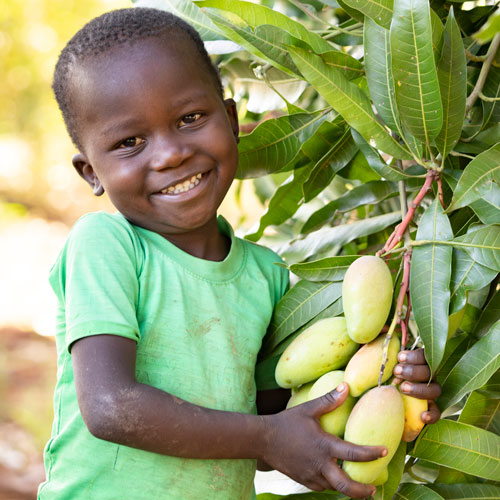Port Moresby, Papua New Guinea, 15 December 2014: Efforts to end violence against women and children in Papua New Guinea received a significant boost today, with the European Union (EU) announcing it will provide K3.4 million in funding to support the work of ChildFund Papua New Guinea in addressing family and sexual violence, with City Mission as the key partner.
The agreement was signed today, Monday 15 December, at a ceremony held at the ChildFund PNG office in Port Moresby.
The endemic violent abuse of women and children is recognised as the most pressing human rights issues in PNG. It is estimated over two-thirds of women in PNG will suffer domestic or intimate-partner violence in their lifetime. This extends to sexual and physical violence against children, with girls especially vulnerable.
Through its support of HOPE: A Haus for Protection and Empowerment Project, the EU recognises a clear need to strengthen the capacity of on-the-ground services related to prevention and response, in both urban and rural areas of PNG.
Under the project, ChildFund PNG will work in partnership with the City Mission-run women’s refuge Haus Ruth in Port Moresby to improve the services and support available to child and adult survivors of violence. Activities will include upgrading and expanding the accommodation available to provide safe refuge, including the provision of child-friendly facilities and services.
ChildFund PNG will also invest funds in training and supporting community-based human rights defender groups in urban and rural areas, such as local advocacy networks, church representatives, safe house staff, community members and survivors, to provide increased protection, refuge and remedial services. Further, an outreach team will be established to engage community and government stakeholders and improve coordination of services.
This project builds on ChildFund PNG’s experiences working on child rights and community outreach since 2005. ChildFund’s current program activities include the development of a national hotline to assist survivors of family and sexual violence, working with male counselling and male support groups, sexual and reproductive health education, and the trialling of early education techniques in respectful relationships.
It also builds on City Mission Haus Ruth’s experience providing safe refuge since 2003. Previous EU support to Haus Ruth resulted in increased accommodation capacity, staff levels and staff training, and expanded relations with other service providers, NGOs and the private sector.
Manish Joshi, ChildFund PNG’s country director, said: “This project will significantly improve the services and support available to assist survivors of family and sexual violence in Papua New Guinea. It will not only generate greater awareness of the protections available but provide effective avenues for help, with a particular focus on strengthening child protection and promoting the rights of women and children.”
Maria Cruz Cristibal, Charglo d’Affaires a.i. of the European Union Delegation, said the launch of the EU-funded project HOPE is timely, following the recent observance of Human Rights Day, which called for more action to address violence against women and children in Papua New Guinea.
“The HOPE project aims to bring a window of hope to many children and women that suffer, or are threatened by, violence and its lasting consequences. Each society must address its own challenges, must build its own solutions; by supporting HOPE, the European Union aims to make a contribution to a goal that only Papua New Guineans can achieve,” she said.
The EU welcomes the partnership with ChildFund PNG and City Mission and wishes them a successful implementation.








